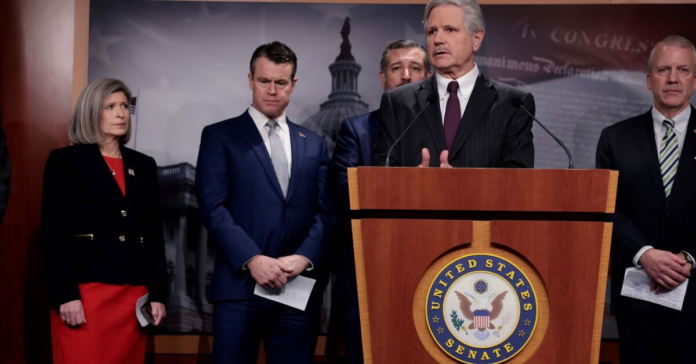November 12, 2022
With the US midterm elections over, don’t be surprised if Washington and Tehran make a final run to revive the 2015 Iran nuclear deal.
US President Joe Biden preferred to keep the Joint Comprehensive Plan of Action (JCPOA) on the sidelines during the campaign. The administration’s priority has instead been how to support protesters in Iran, following the death in custody of Mahsa Amini, a young Iranian woman, for a hijab violation in September.
Diplomacy with Iran, never an easy sell, will be even more difficult if Republicans control the House of Representatives, as expected, and maybe even the Senate — especially while the US sanctions Iranian security forces implicating in killing and beating protesters, including women and girls.
Iran is also accused of selling armed drones to Russia for use in the war against Ukraine.
The US has nevertheless not walked away from the nuclear talks, maintaining that diplomacy remains the best means to prevent an Iranian nuclear weapon, and it blames Iran for the stalemate.
Tehran has been holding up the JCPOA talks since August because it wants guarantees that companies doing business with Iran would not be penalized or sanctioned if the US pulls out of the deal again— particularlyif a Republican wins the White House in 2024. Biden’s predecessor, Donald Trump, withdrew from the JCPOA in 2018.
The incentives for a return to the deal are as strong as ever. Iran gets key financial and energy sanctions lifted, and billions of dollars of assets unfrozen, in return for complying with international inspections and constraints on its nuclear programs which prevent it from developing a bomb.
For the West, there would be the addition of 1 to 1.5 million barrels per day of Iranian oil to global markets, following the OPEC+ decision to cut oil production by 2 million bpd starting this month, as well as the chance to develop Iran’s natural gas reserves (second in the world to Russia’s).
For signs of Iranian intentions on the JCPOA, check out the US-brokered Israel-Lebanon maritime boundary agreement, concluded last month. That agreement is essentially an Iranian deal, if two steps removed. Lebanese negotiators played their part, but the man behind the curtain was Hezbollah Secretary General Hassan Nasrallah, who called the agreement a ”great victory.“ And behind him is Iran’s Supreme Leader Ayatollah Ali Khamenei, who labeled the deal an American ‘failure’ and Hezbollah’s success.
The agreement settles a long-standing border dispute between Israel and Lebanon (which are still technically at war), allowing exploration and development of possibly lucrative underwater energy sources, which could ultimately be a windfall for both countries.
Hezbollah rightly saw the deal as a win for Lebanon, which is approaching failed-state status. The economy is in free fall, a government has yet to be formed, and Lebanese citizens have little to no faith in their politicians and political institutions. Hezbollah boosted its nationalist bona fides with the deal.
Although Israeli opposition leader Benjamin Netanyahu campaigned against the Lebanon deal, he is unlikely to overturn it if he forms a government as expected, realizing the agreement’s many strategic and commercials advantages for Israel.
That Iran signed off on a US-brokered deal between Israel and Lebanon (and Hezbollah) can’t be dismissed as a one-off. It didn’t happen by accident or oversight in Tehran. Both the JCPOA and the Israel-Lebanon negotiations have been ongoing for years.
By greenlighting the Israel-Lebanon agreement, Tehran may be signaling its readiness to do business in the region, under the right conditions and guarantees: that is, via multilateral agreements blessed ultimately by the United Nations and underwritten by international energy and commercial companies. Those same guarantees — UN-sanctioned diplomacy and the prospect of international commercial buy-in — play out in the JCPOA as well. Iran is showing its cards, and it all has a back-to-the-future feel. It was the US, not Iran, that walked away from the JCPOA.
And Iran may be ready to change the conversation away from the protests by taking up the nuclear deal.
The Biden administration would be on the spot if Iran does so, but it’s still the US and EU deal that’s on the table. The action is with Iran. The Israel-Lebanon border agreement is a breakthrough for the US approach to regional security and economic integration, including the next phase of the Abraham Accords. America’s deterrent posture in the Gulf is stronger than ever. If the US and Iran start talking, even indirectly or via UN forums, Iran can next be put to the test with regard to UN and regional diplomatic initiatives in Iraq, Yemen and Syria. The missing piece so far is the nuclear deal, absent which it could all fall apart.



